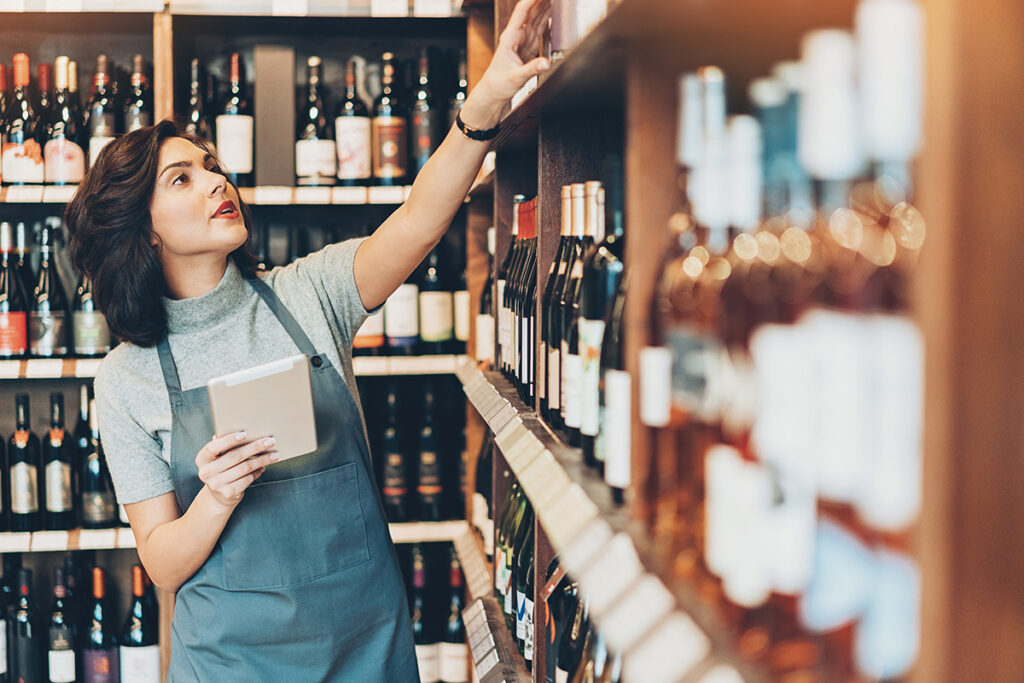How to Choose a Liquor Liability Insurance Provider

Running a business that sells, serves, or distributes alcohol comes with unique risks. Whether you own a bar, restaurant, nightclub, or liquor store, one of the most important safeguards you can put in place is liquor liability insurance. But how do you choose the right liquor liability insurance provider?
This guide walks you through the critical steps and considerations to make an informed decision, while naturally incorporating related terms like “alcohol liability coverage,” “bar insurance,” and “commercial liquor coverage” to help you navigate the insurance landscape.
Understanding Liquor Liability Insurance
Before diving into how to choose a provider, it’s important to understand what liquor liability insurance covers. This type of policy protects your business if you’re held legally responsible for damages or injuries caused by someone who consumed alcohol you sold or served.
For example, if a customer becomes intoxicated at your establishment and later causes a car accident, your business could be sued. Liquor liability coverage helps protect against these financial risks, including legal fees, settlements, and medical costs.
Step 1: Evaluate Your Risk Profile
Not all businesses need the same level of coverage. The first step is to assess your risk:
Do you serve alcohol on-premises?
Is your business located in a state with dram shop laws?
What is your customer volume?
Do you employ trained bartenders or staff with alcohol safety certifications?
Understanding your unique risks helps you determine the type and amount of alcohol-related business insurance you’ll need.
Step 2: Look for Industry Experience
When comparing liquor liability insurance providers, prioritize companies that specialize in hospitality, bar, or restaurant insurance. Providers with experience in alcohol-related risks will understand the nuances of your business and the legal requirements in your state.
Look for agents or firms that offer tailored coverage options rather than generic policies. A company that has worked with nightclubs, breweries, or liquor stores before is more likely to offer appropriate and affordable solutions.
Step 3: Check Licensing and Credentials
Make sure the insurance provider is licensed to operate in your state. You can verify this through your state’s department of insurance. This ensures you’re dealing with a legitimate provider who meets all regulatory requirements.
Additionally, check for affiliations with professional organizations such as the Independent Insurance Agents & Brokers of America (IIABA) or local business chambers. These affiliations often indicate credibility and professionalism.
Step 4: Compare Policy Details
Not all liquor liability insurance policies are the same. Carefully review:
Coverage limits: Ensure they align with your business’s exposure.
Exclusions: Understand what isn’t covered, such as underage serving or employee consumption.
Add-ons: Does the provider offer product liability, assault and battery coverage, or general business insurance bundles?
It’s also helpful to ask if they offer host liquor liability insurance if your business only occasionally serves alcohol at events.
Step 5: Read Reviews and Get Referrals
Online reviews, testimonials, and referrals from other business owners can give you insight into a provider’s customer service, responsiveness, and claim process. Good insurance goes beyond the policy—it includes having a provider who stands by you when incidents happen.
You can check platforms like Better Business Bureau, Google Reviews, or industry-specific forums to gather feedback.
Step 6: Evaluate Pricing and Flexibility
While price shouldn’t be your only factor, it’s still important. Compare quotes from multiple insurance providers and ensure you’re not sacrificing essential coverage for lower premiums.
Also, ask about payment plans, renewal terms, and cancellation policies. A flexible and transparent provider is easier to work with in the long run.
Step 7: Assess Claims Handling Process
A strong claims process can be the difference between a small setback and a major financial loss. Ask potential providers:
How quickly do they respond to claims?
Do they offer 24/7 support?
What documentation is required?
Can you file online or through an app?
Efficient and supportive claims handling is a sign of a reliable insurance partner.
Step 8: Ensure Customizable Coverage Options
Each business has unique needs. Whether you run a sports bar or a boutique wine shop, your coverage should reflect your operations. Look for providers who offer:
Customized endorsements
Combined commercial property and liability policies
Employee training resources
Liquor bond services (if applicable in your state)
Having access to customizable options ensures you’re not over- or under-insured.
Final Thoughts
Choosing the right liquor liability insurance provider is a crucial step in protecting your business from alcohol-related legal and financial risks. By understanding your business’s needs, evaluating providers thoroughly, and comparing coverage options, you can find a partner that offers both protection and peace of mind.
Remember, the best provider isn’t necessarily the cheapest one. Instead, it’s the one that understands your industry, offers comprehensive alcohol liability protection, and supports your business in times of need.
If you’re unsure where to begin, start by consulting with a licensed commercial insurance agent who has experience with liquor-serving establishments. With the right guidance, you’ll secure coverage that shields your business from unexpected liabilities while allowing you to focus on running a successful operation.
